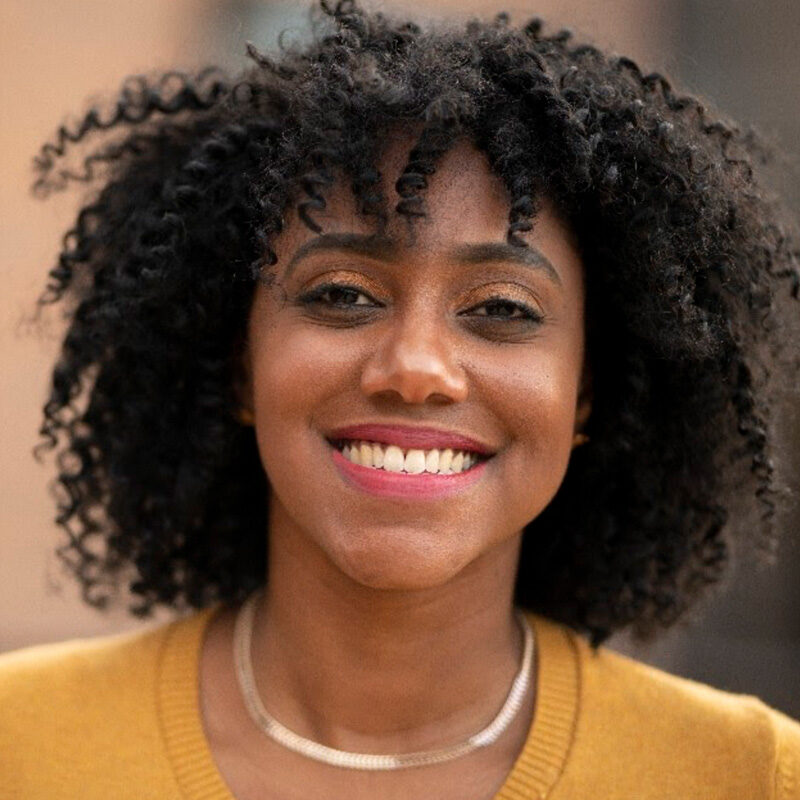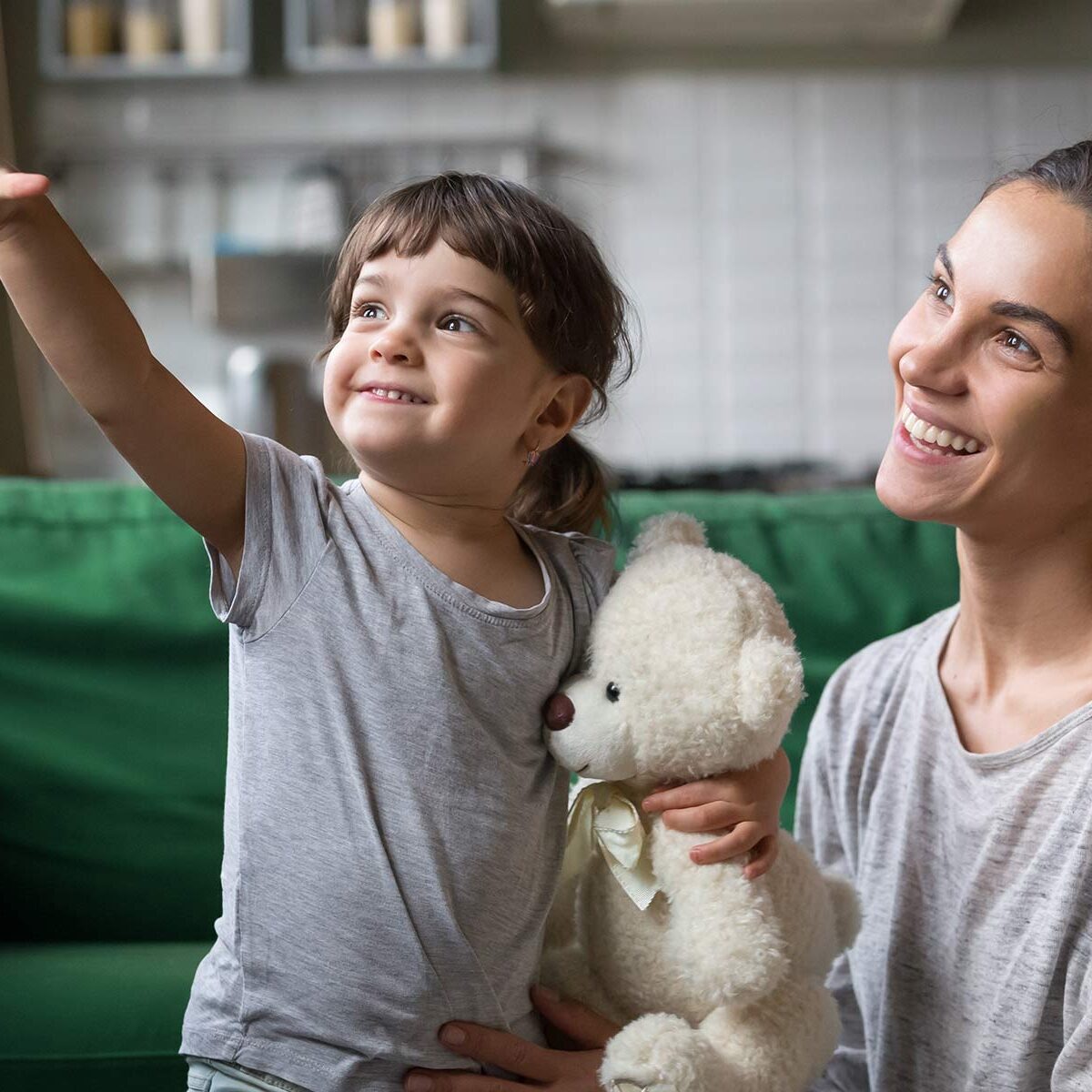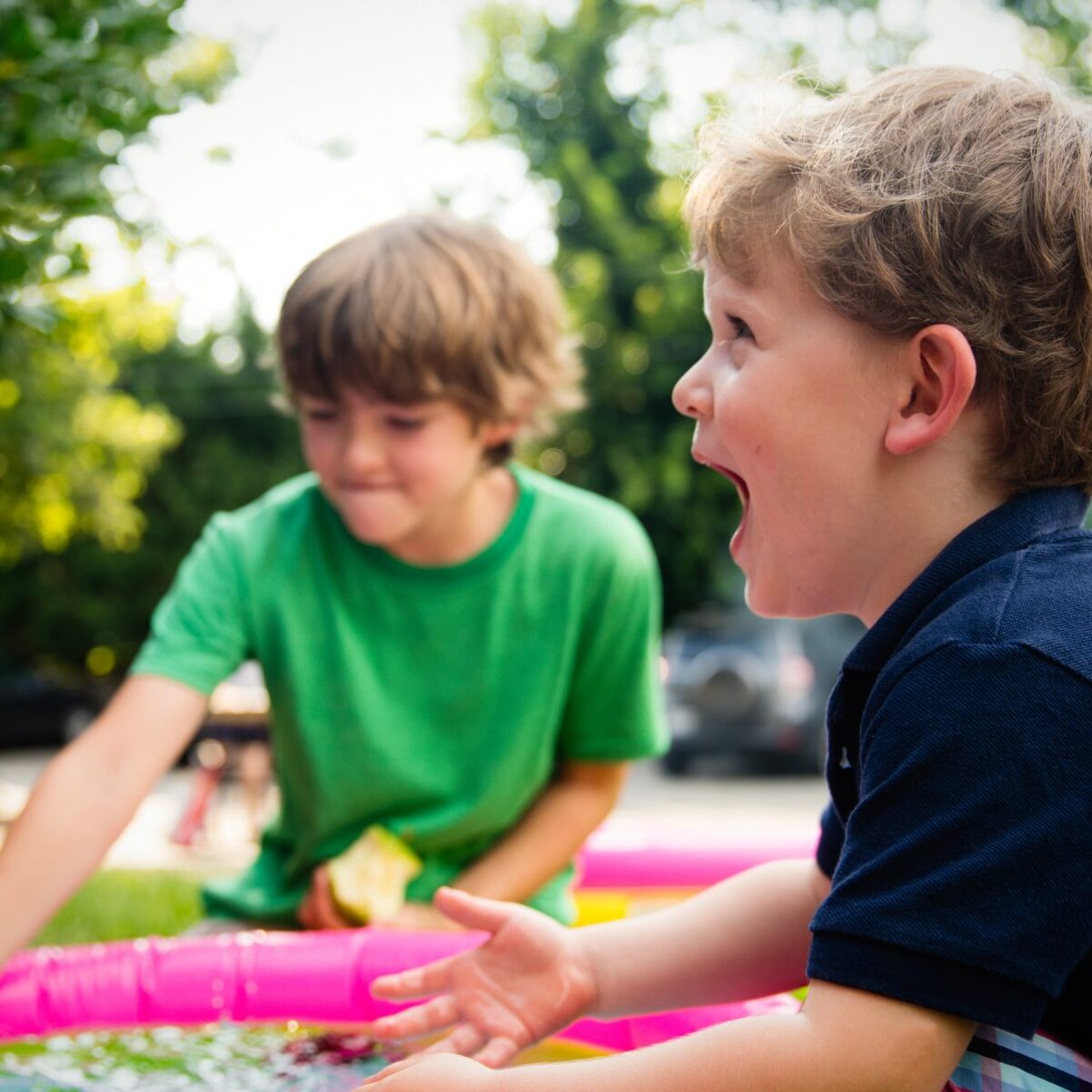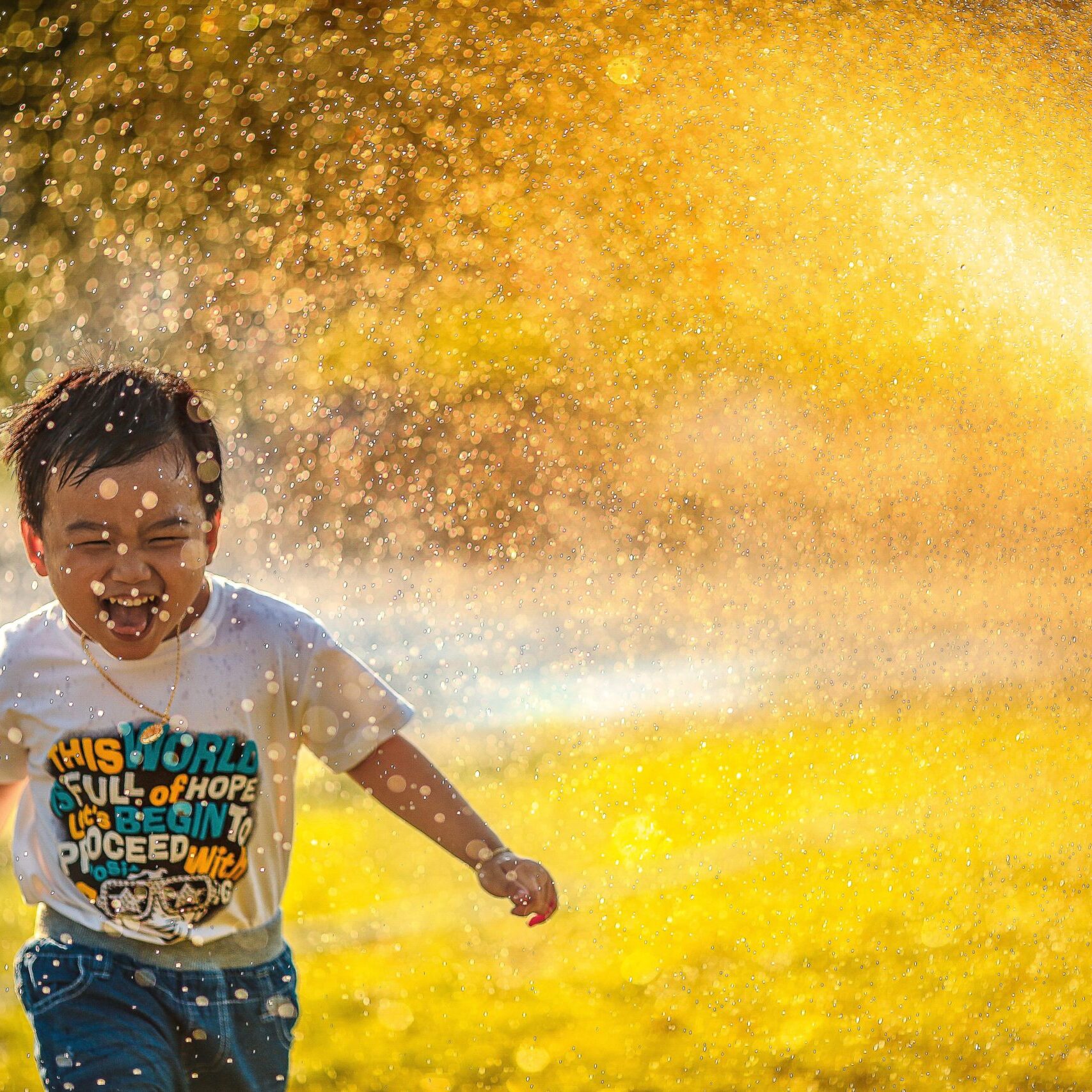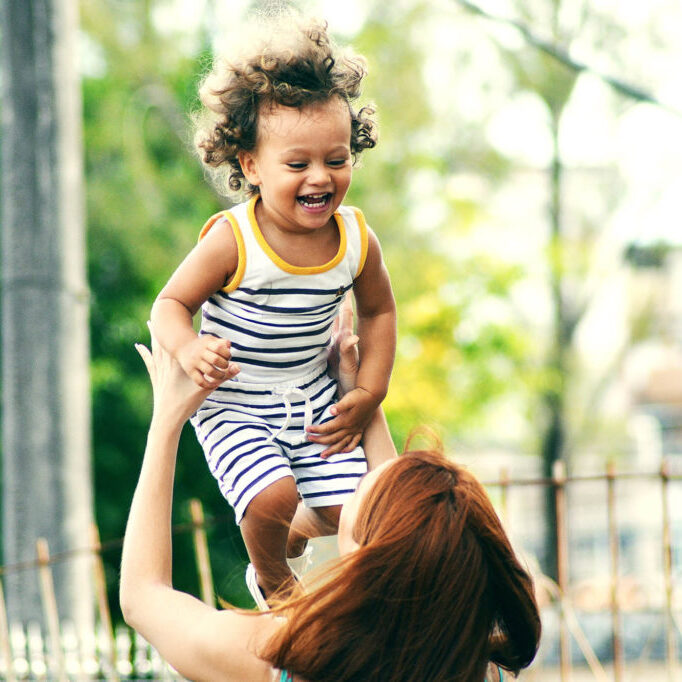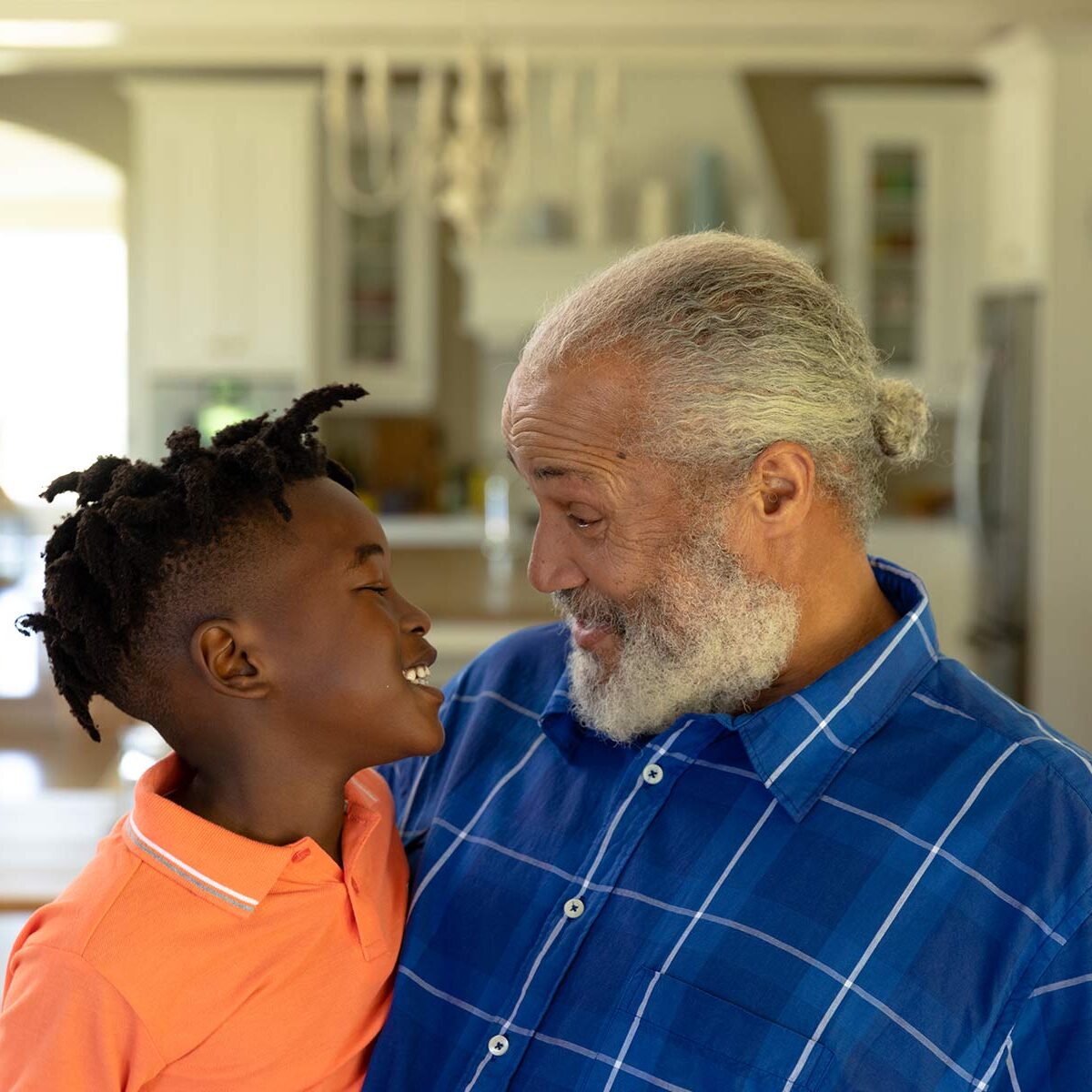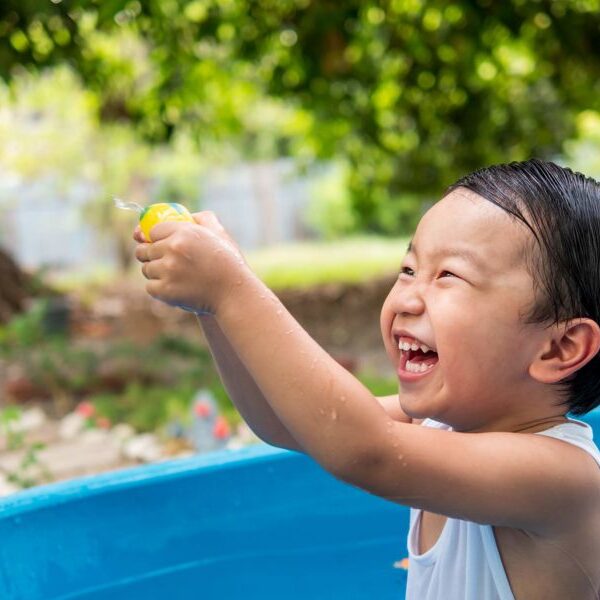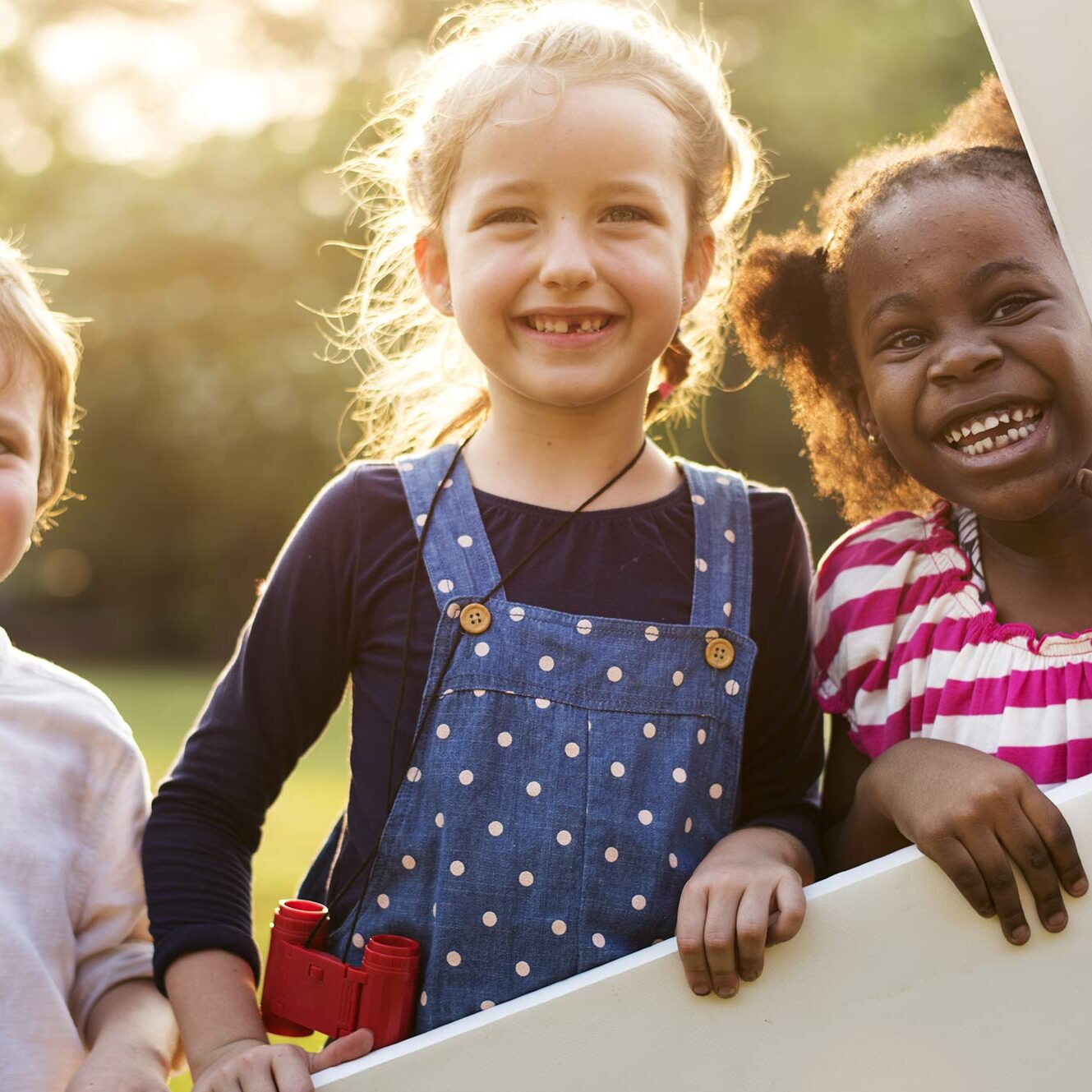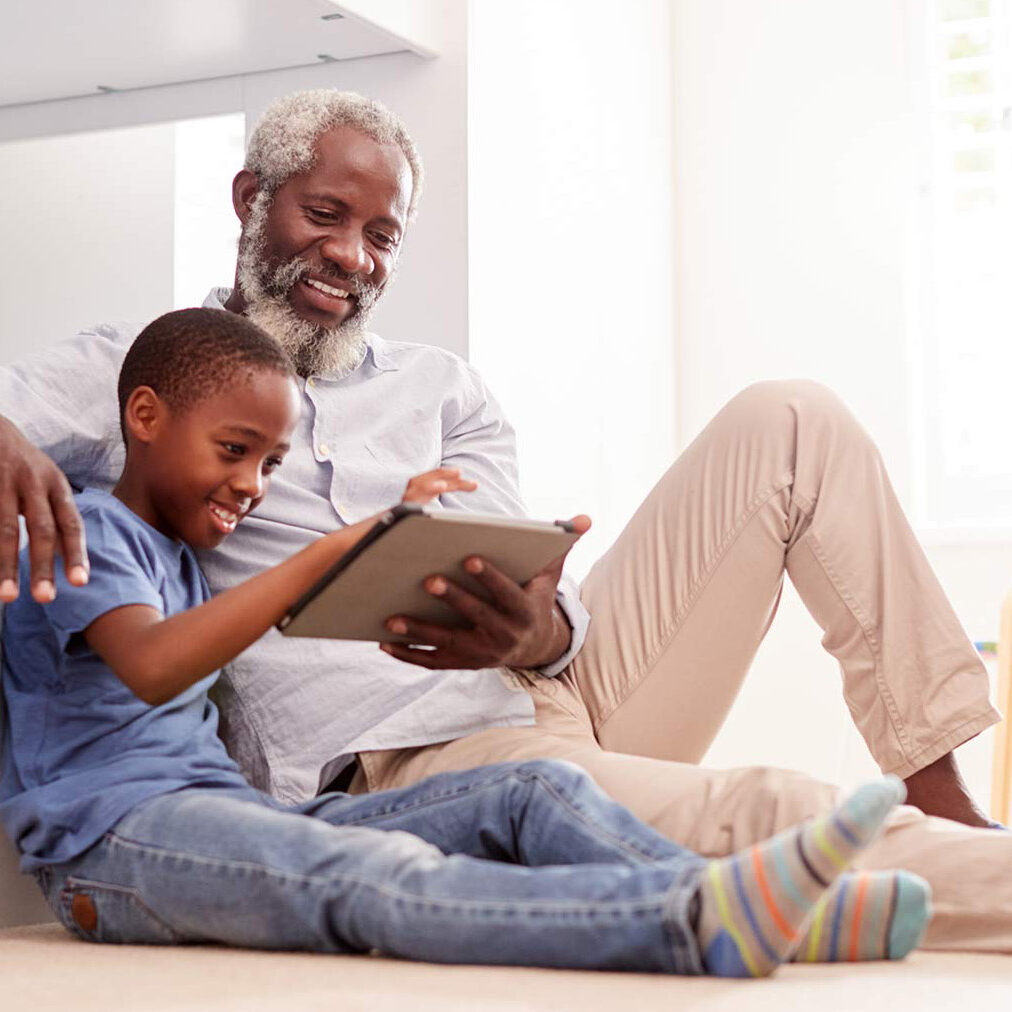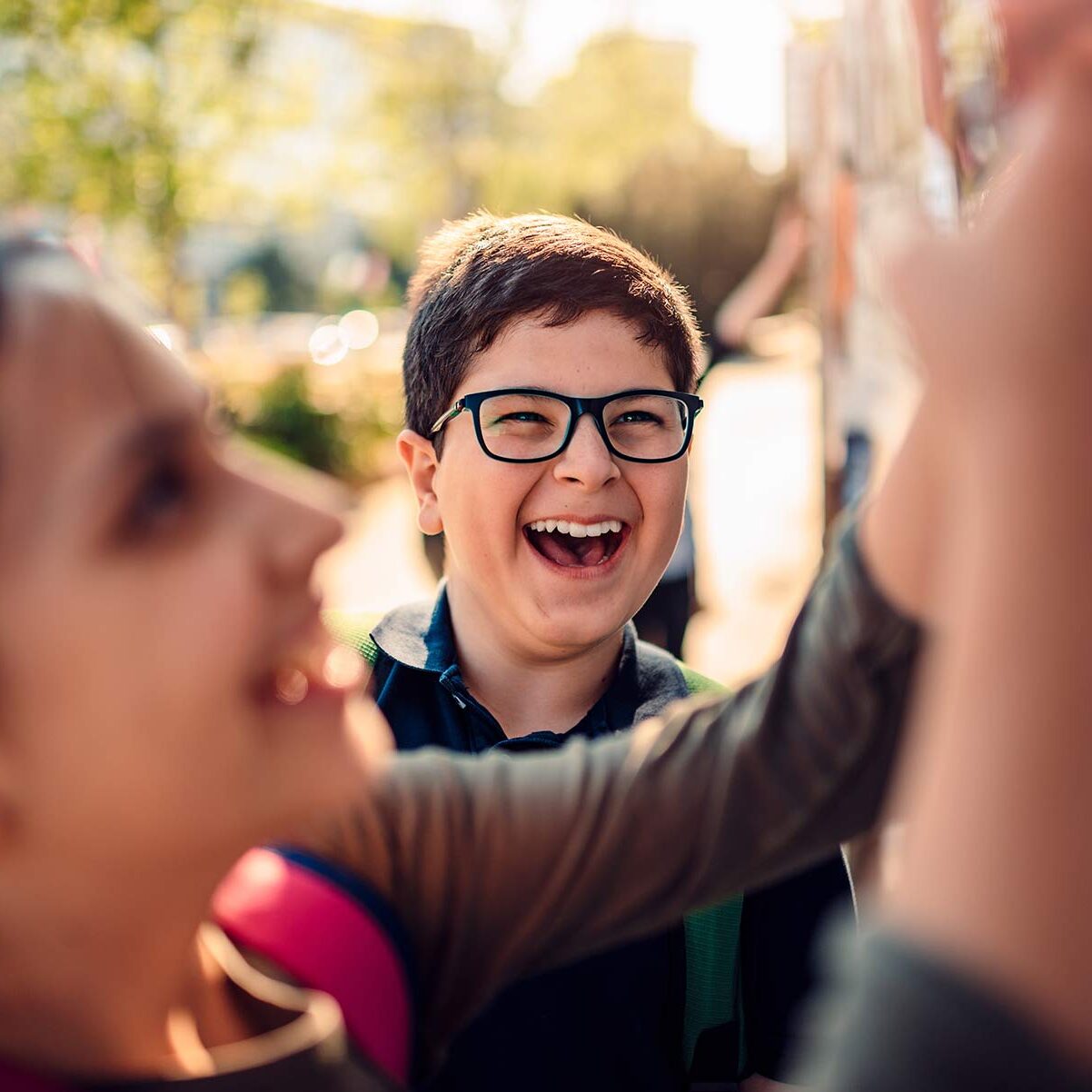
ABOUT THE AUTHOR
Sarah Mighell
OhioKAN Navigator, Cadence Care Network
Sarah has worked with children in a variety of roles throughout her career. She provided quality services to families and staff as a Daycare Administrator, worked with children ages 6-12 as a Summer Daycare Teacher at First Baptist Church, and co-taught a second grade class at Heartland Christian School. Previously, she was a Preschool Leader for an evening Bible club and trained as a Court Appointed Special Advocate for foster youth. Her favorite part of the job is letting people know they are heard, valued, and cared for. Sarah holds a bachelor’s of History from the University of California, Davis.
Whether you are providing kinship care short- or long-term or have adopted, bringing a child into your home is a beautiful challenge. There may be parts of your experience that feel natural and far easier than you anticipated, and there may be moments when you feel like you’re completely out of your depth. Welcoming a child with a disability can bring those moments of uncertainty to the forefront.
“Disability” is a term that defies easy classification. Perhaps your grandson has Down syndrome, your niece has cerebral palsy, or your adopted daughter uses hearing aids. A disability is any condition that restricts a person’s activity or impairs their ability to interact with the world around them. For many disabilities, uncertainty is the only certainty. You will wonder how your loved one’s disability will progress or stabilize over the years, have questions throughout the health care journey and doubt your ability to provide for all of their needs, wonder about the best way to help your child grow or the appropriate level of independence, struggle with giving other children in your household equal attention, or think about your own future and how much of your child’s and your own life will be determined by their physical or mental needs. A long list of questions without concrete answers is part of the reality of living with a disability.
You’re not alone. About 28% adults in Ohio have some type of disability, according to the federal Centers for Disease Control and Prevention, and a 2019 Journal of the American Academy of Pediatrics reports that nearly 1 in 6 kids in the U.S. has a developmental disability. Your family’s story is unique, but there are many communities and resources that can help you through these challenges.
Find Your Community
One of the most helpful actions families can take, both for kids and caregivers, is to find families like theirs and make connections. Even in the midst of a pandemic, when your children are most vulnerable, there are ample (and many online) resources to connect with others. Sitting in uncertainty alone can be overwhelming. Rather, voice those uncertainties with families who know exactly what you’re going through. You may find parents who have found answers to some of the same questions you’re asking, or a new perspective for your unsolved issues. Likewise, your kids might enjoy talking or playing (even virtually) with other kids like them! Especially as children reach the age of being keenly aware of what makes them different from their classmates or other friends, it can be so helpful to see other kids with disabilities similar to their own, ease loneliness, and give them a chance to swap stories and strategies.
- Oh, you’ve got the same wheelchair as me! Check out these stickers I put on the back of the headrest!
- What do you tell people when they ask about your service dog? Some people pet him even when I say not to!
Connecting with others who understand your situation is wonderful, and while the details related to your child’s disability are unique, everyone wants to know they are accepted, valued, and loved. No matter what they go through with their bodies or minds, kids want to know they have someone who’s on their side.
No matter what they go through with their bodies or minds, kids want to know they have someone who’s on their side.
Don’t Neglect Your Own Needs
It can be nerve-wracking to have a child placed in your care with a disability you may be totally unfamiliar with. Even if it’s a child you’ve known their whole life, as their caregiver you become responsible for all of their needs: doctor’s appointments, individual education plans, medication schedules, training for their medical equipment. This may have even been thrust at you with little or no preparation. All of that can be physically, mentally, and emotionally draining.
No matter how deep your love and dedication are to the child or children in your care, you are still human, and caring for a child with disabilities can be nothing short of exhausting. Respite care might be an option for your family. For families with children who are especially vulnerable, however, leaving them in someone else’s care can add more anxiety than it relieves. One solution might be to have a respite care worker come to your home while you’re still there, so you can have some time to yourself while still being close at hand if help is needed. True rest without worry might be unattainable at the moment. If that’s the case, try to make space to speak with a mental health specialist or support group. There is no threshold you need to pass to deserve support from a professional! Everyone needs to feel heard, including you, and therapists with experience counseling families with physical or developmental disabilities may have additional resources that can help you or your family.
Give Yourself Grace
The uncertainty of disability is daunting. No matter how many times you hear about resilience and the new perspectives raising a child with a disability can offer, there will be times you just feel deflated. Know that:
- It’s OK to face the sadness that comes with trying to teach your child how to find independence when it’s so easy for their friends or siblings.
- You are allowed to be frustrated with the unending paperwork that accompanies disability.
- You or your child don’t have to smile when you don’t feel like it, and you don’t have to answer questions from strangers.
Part of the journey of raising a child with a disability is knowing that it’s perfectly fine to have those moments. Teach your child by example how to handle the emotions they will continue to face throughout their lives, whether they’re feeling strong or angry, excited or frustrated.
With the right support, your family can find joy in uncertainty. And while you won’t always know what’s coming next, you can find a future well-equipped to help you and your child with disabilities to face any challenges ahead.
Additional Resources
Cincinnati Children’s Special Needs Directory: Support Groups and Online Communities
Ohio’s System of Support for People with Disabilities and Their Families
Ohio Coalition for the Education of Children with Disabilities



